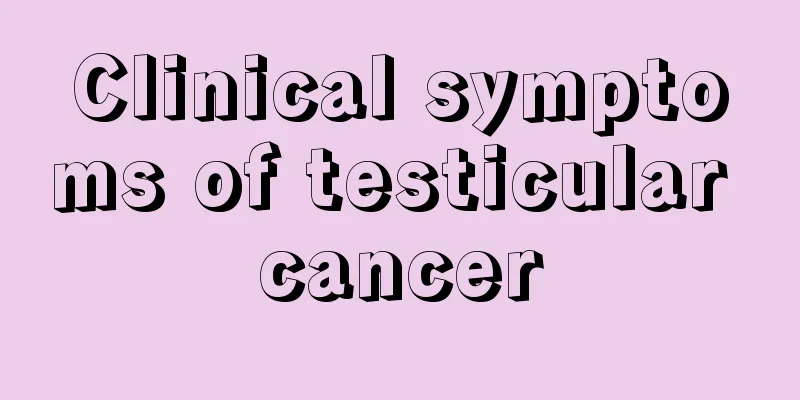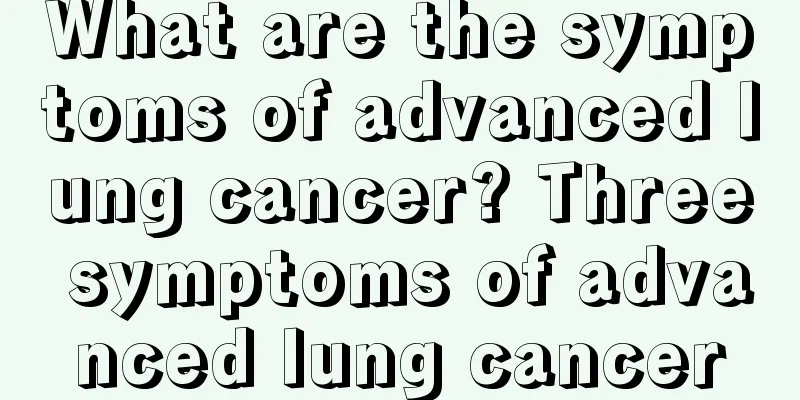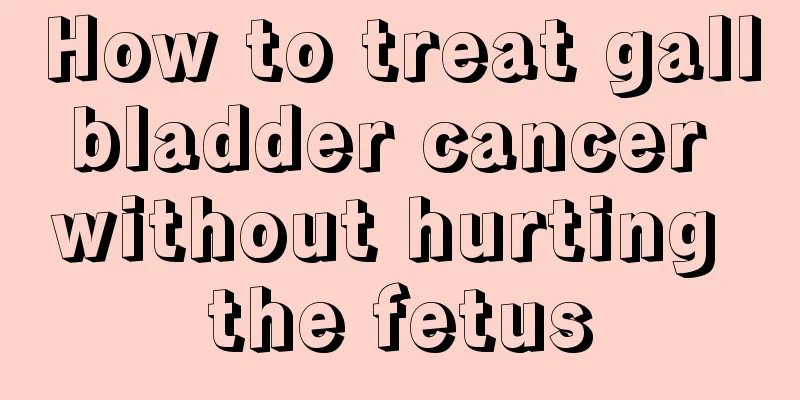Clinical symptoms of testicular cancer

|
For humans, cancer is a very scary malignant tumor. In recent years, the age of cancer onset has tended to be younger, which is why many people, regardless of gender, age or status, are afraid of cancer. The cure rate of early cancer is still very high, so early detection, early diagnosis and early treatment are necessary. Today, I will introduce the clinical symptoms of testicular cancer to you. Clinically, we have observed that testicular tumors mostly occur in young adults aged 20 to 40, when sexual function is most active. Although they can also occur in infants and the elderly, they are less common. The age of patients with seminoma is older than that of patients with teratoma. The early symptoms of testicular tumors are not obvious. The typical clinical manifestation is a gradually enlarging painless mass, which is discovered accidentally by the patient himself, his family or the doctor during routine examination. Half of the patients often feel that the testicles are heavy, and sometimes feel a pulling sensation in the scrotum, lower abdomen or groin, which is obvious when jumping or running. After standing for too long or being tired, local symptoms will be aggravated with a feeling of falling or mild pain. When there is an accidental collision or squeezing, the pain will be aggravated, which will attract the patient's attention and prompt him to seek medical treatment. Some patients often have symptoms similar to acute orchitis or epididymitis. After anti-inflammatory treatment, although the inflammation has been controlled, there is a mass that does not disappear. At this time, you should be alert to the possibility of testicular tumors. The initial symptoms of a very small number of patients with testicular malignancies are often caused by tumor metastasis, such as intra-abdominal metastatic lymph nodes merging into masses that compress adjacent tissues and the celiac plexus, causing pain in the abdomen and lower back, and may also be accompanied by symptoms of gastrointestinal obstruction, or coughing, shortness of breath, and blood in sputum due to lung metastasis. In the case of cryptorchidism, when the ectopic testicle develops malignant changes, a gradually enlarging mass often appears in the pelvic cavity or inguinal area, and the absence of the ipsilateral testicle is found during physical examination. Testicular tumors can sometimes occur bilaterally, simultaneously or one after the other. Testicular tumors can occasionally cause symptoms of endocrine disorders, which often occur in patients with trophoblastic carcinoma, interstitial cell carcinoma, and embryonal carcinoma, manifesting as male breast hypertrophy, precocious puberty, or feminization. |
<<: What are the causes of testicular cancer
>>: Symptoms of testicular cancer
Recommend
How to clean the black bottom of a toothbrush
How to clean the black bottom of the toothbrush T...
What should I do if my leather jacket is wrinkled? Are there any tips to get rid of it?
Compared with other clothing, leather jackets are...
What causes uremia
Uremia is a relatively serious kidney disease. On...
What complications can liver cancer cause? Eating these foods often can easily lead to liver cancer
Liver cancer refers to a malignant tumor that occ...
Could coughing and chest tightness be lung cancer?
Could coughing and chest tightness be lung cancer...
What foot bath can solve foot odor
Foot odor is a common phenomenon in life. Althoug...
Can lymphoma be passed on to the next generation?
A large number of medical practices have found th...
Why do we need to do CT scan to exclude thyroid cancer
Thyroid cancer awaiting investigation usually mea...
What are the factors that affect hair growth
Hair color, hair volume, and hair quality are all...
How many types of purpura are there
Nowadays, skin diseases are very common, and they...
What are the pros and cons of porcelain teeth?
There are many types of porcelain teeth, each wit...
What are the early symptoms of lung cancer
Lung cancer is the most common malignant tumor of...
Can walnuts cure pharyngitis?
Patients with pharyngitis should pay close attent...
Wisdom tooth root canal treatment
Many people have wisdom teeth. Some people have t...
How to regulate the diet of patients with bile duct cancer
How should patients with bile duct cancer adjust ...









